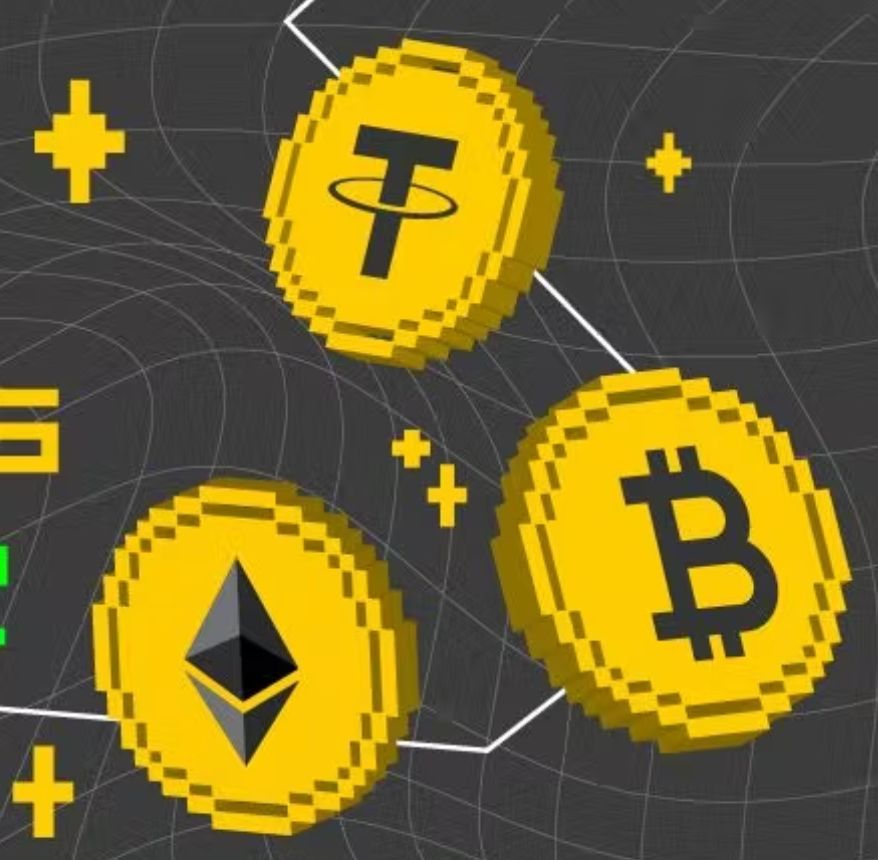131 reads
EOS $EOS Wiki: Coin History, Techstack, and Crypto News
by
September 27th, 2022
Audio Presented by

Coin Wikis by HackerNoon. These HackerNoon posts power the crypto wikis on HackerNoon Coin Price Pages.
About Author
Coin Wikis by HackerNoon. These HackerNoon posts power the crypto wikis on HackerNoon Coin Price Pages.
